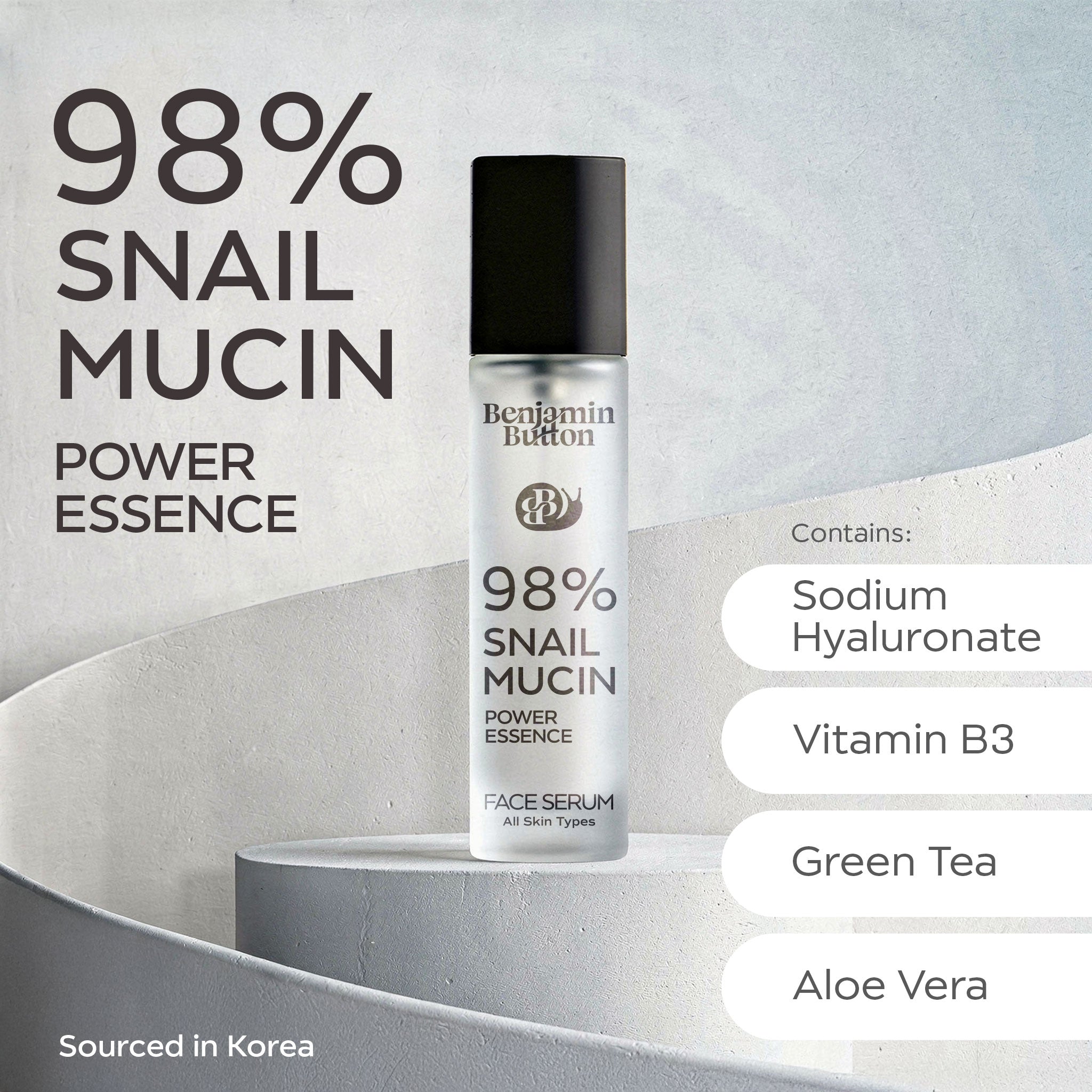Mastering 100g Protein Daily: Em The Nutritionist's Tips
To achieve an optimal balance in our diets, particularly when it comes to protein intake, it is essential to recognise the myriad advantages of incorporating 100g of protein into your daily meals. Whether you are an athlete striving to build muscle or simply someone aiming to enhance your overall wellness, protein plays a vital role in the body’s various functions. Below are some comprehensive strategies to master your daily protein goals with the expert insights of Em the Nutritionist.Understanding Your Protein Needs
First, it is crucial to comprehend how much protein your body truly needs. The daily protein requirement can vary based on factors such as age, weight, and physical activity levels. 100g of protein is typically recommended for most adults to maintain muscle mass and support overall health. Here’s how to assess your specific needs:- Consider your weight: The average guideline is about 0.8g of protein per kilogram of body weight.
- Evaluate your activity level: Those engaged in regular exercise or strength training may need more – around 1.2 to 2.0g per kilogram.
- Factor in your goals: If your aim is to lose weight while preserving muscle, a higher protein intake can be beneficial.
Choosing Quality Protein Sources
Not all proteins are created equal. Emphasising quality over quantity is vital for achieving and maintaining your protein goals. Here are some top-tier protein sources to consider when crafting your daily meals:- Meat and Poultry: Chicken, turkey, lean beef or pork provide high-quality, complete proteins.
- Fish: Salmon, tuna, and other fatty fish are excellent sources and come with the added benefit of omega-3 fatty acids.
- Dairy Products: Greek yoghurt, cottage cheese, and milk offer both protein and essential nutrients.
- Legumes: Beans, lentils, and chickpeas are great for those following plant-based diets.
- Nuts and Seeds: Almonds, walnuts, chia seeds, and flaxseeds not only add protein but also healthy fats.
Strategic Meal Planning
To consistently reach your 100g of protein goal, meal planning becomes an inevitable necessity. This not only aids in preparation but ensures you won't miss out on your protein needs throughout the day. Here’s a guide on how to strategise your meals:- Start with Breakfast: Incorporate protein-rich foods like scrambled eggs, Greek yoghurt, or smoothie with protein powder.
- Focus on Snacks: Choose high-protein snacks such as hard-boiled eggs, cheese sticks, or protein bars to keep you energised.
- Plan Balanced Lunches: Include lean protein sources like grilled chicken or fish, complemented by vegetables and quinoa.
- Protein-Packed Dinners: Opt for meals featuring a substantial protein portion, accompanied by healthy sides.
Incorporating Protein Shakes
Protein shakes can serve as a convenient way to enhance your protein intake, especially if you lead a busy lifestyle. Here’s how to effectively use them:- Post-Workout Recovery: Consuming a protein shake after exercise can help with muscle recovery and growth.
- Meal Replacement: Use protein shakes when you're short on time or need a quick meal alternative – just ensure they are balanced with other nutrients.
- Choices Matter: Select high-quality protein powders that contain fewer additives and sugars, and opt for those derived from whey, casein, or plant sources.
Monitoring Your Progress
To master your protein intake, keeping track of what you consume is essential. Em believes in the power of awareness, so consider the following approaches:- Food Journals: Maintain a journal to note down your meals and snacks, including protein content.
- Mobile Apps: Use apps designed for nutrition tracking to analyse your daily protein consumption.
- Weekly Check-ins: Review your servings each week to ensure you are consistently hitting your protein targets.
Benefits of Adequate Protein Intake
Understanding the advantages of optimal protein consumption can motivate you to stay committed to reaching your 100g protein objective. Here are some of the key benefits:- Muscle Growth: Protein is fundamental for muscle repair and growth, especially when combined with strength training.
- Weight Management: Protein-rich diets help maintain satiety and reduce cravings, making it easier to control weight.
- Energy Levels: A steady protein intake contributes to stable blood sugar levels, helping you feel energised and active throughout the day.
- Supports Recovery: Following an injury or strenuous exercise, protein aids in healing and recovery processes.






















